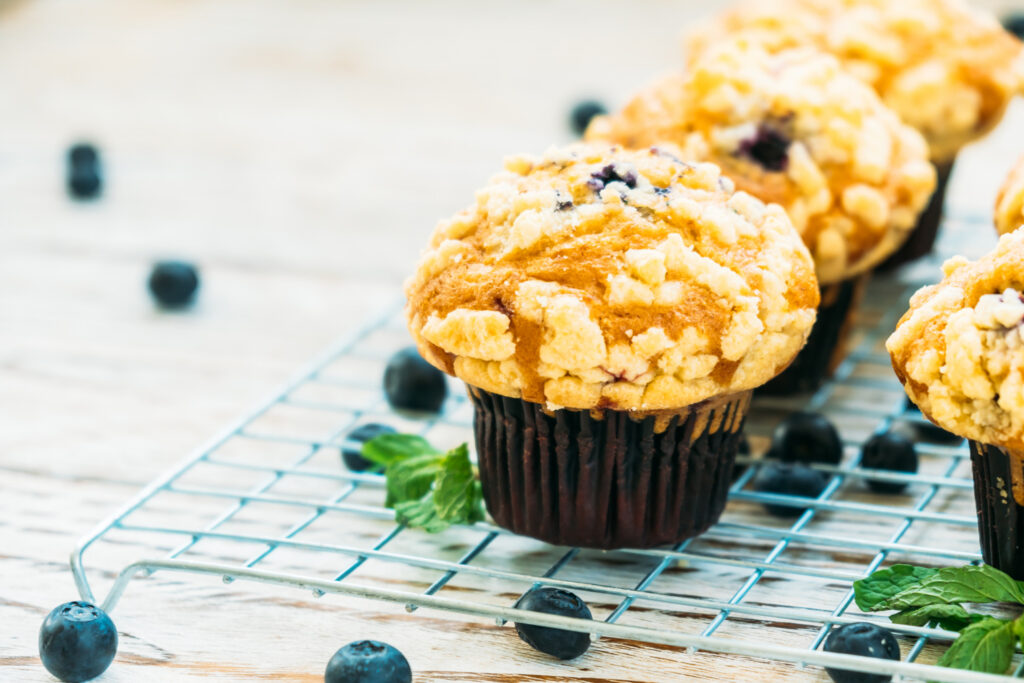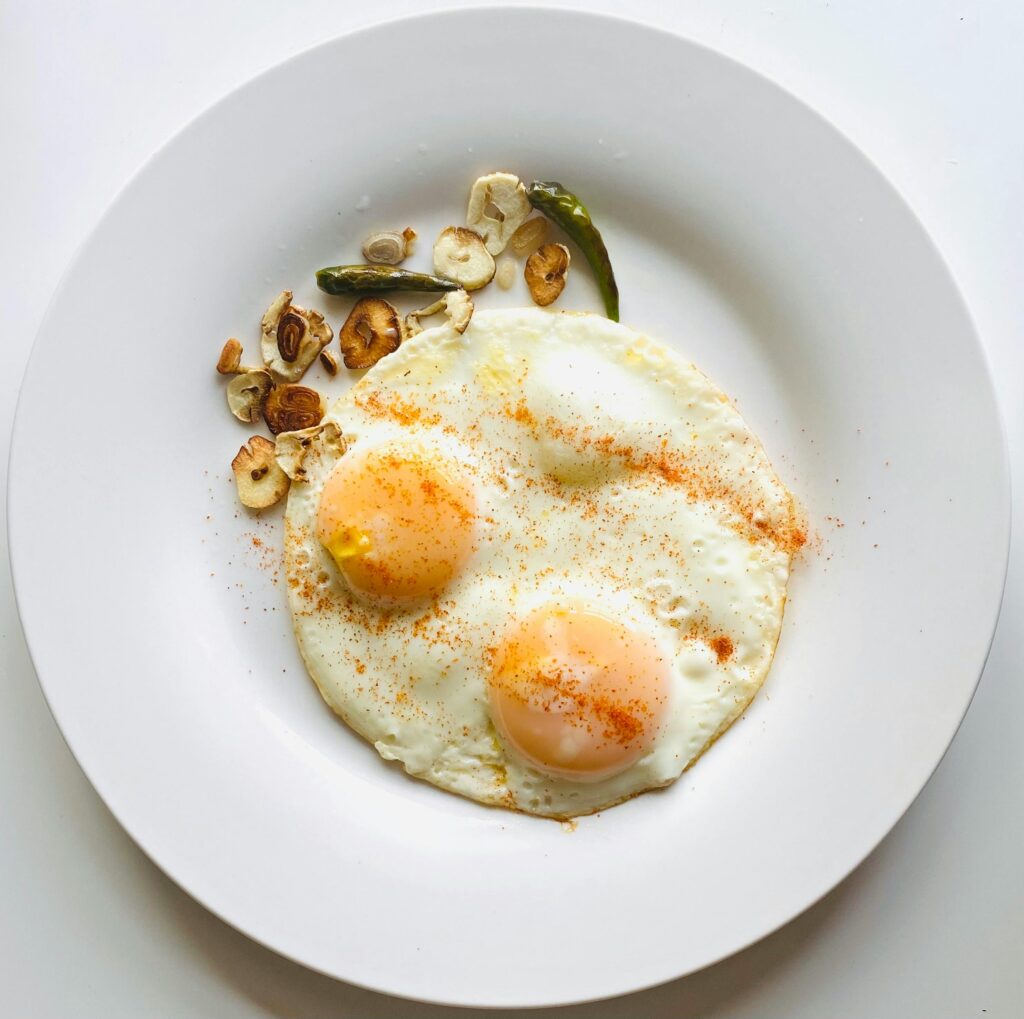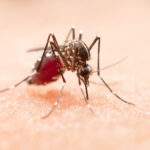
Overview
Managing blood sugar is crucial for maintaining overall health and preventing complications like type 2 diabetes and cardiovascular disease. Blood sugar spikes, caused by rapid rises and subsequent drops in glucose levels, can lead to fatigue, hunger, and long-term health risks. This article offers 12 actionable tips to help you control blood sugar spikes and sustain balanced glucose levels
Why Controlling Blood Sugar Spikes Matters
Blood sugar spikes don’t just cause short-term effects like fatigue or hunger—they also strain the body’s ability to regulate glucose. Over time, these fluctuations can lead to insulin resistance and an increased risk of type 2 diabetes.
According to the Centers for Disease Control and Prevention (CDC), approximately 38.4 million people in the U.S. have diabetes, and nearly 23% of them are unaware of their condition. Unchecked blood sugar levels can also harden and narrow blood vessels, raising the risk of heart attacks and strokes.
By implementing effective strategies, you can mitigate these risks, maintain a stable energy level, and support long-term health
12 Strategies to Prevent Blood Sugar Spikes
Start with a Protein-Packed Breakfast

Skipping breakfast often leads to elevated blood sugar levels later in the day. However, high-carb breakfasts like muffins or pastries can worsen the issue.
Research shows that consuming a 500-calorie breakfast with at least 35% protein can lower post-meal blood sugar levels throughout the day. Protein slows digestion and reduces the rate at which glucose enters the bloodstream, providing sustained energy.
- Opt for eggs, Greek yogurt, or a protein smoothie to start your day
Related : Health Benefits of Sweet Potatoes
Choose a Healthy Dinner
Blood sugar is harder to control in the evening due to the body’s natural rhythms. A dinner high in refined carbs can exacerbate blood sugar fluctuations.
- Expert Advice: Focus on meals rich in proteins, healthy fats, and low-carb vegetables. For personalized guidance, consider consulting a dietitian.
Space Out Your Meals
Eating meals too close together can overwhelm your body’s ability to regulate blood sugar. Allowing enough time between meals helps the pancreas and insulin function optimally.
- Space meals 4–5 hours apart.
Include snacks only if meals are more than 5 hours apart
Adopt a Low-Carb Diet

Carbohydrates are the primary source of glucose in the bloodstream. Reducing carb intake helps minimize blood sugar spikes and supports weight loss, which further improves glucose regulation.
- What to Do: Replace processed carbs with nutrient-dense alternatives like non-starchy vegetables, healthy fats, and lean proteins
Limit Refined Carbs
Refined carbohydrates, such as white bread, sugary beverages, and desserts, digest quickly, causing sharp blood sugar spikes. In contrast, whole-grain foods and legumes digest slowly, providing steady energy.
- Key Change: Swap high-glycemic index foods for options like quinoa, whole-grain bread, and beans
Related : Ways to Find Relief From Eye Allergies
Exercise Regularly
Physical activity enhances insulin sensitivity, helping muscles absorb glucose more efficiently. Moderate exercises, such as brisk walking, are particularly effective.
Recommendation
Aim for 150 minutes of moderate exercise or 75 minutes of vigorous activity per week.
Avoid overly intense workouts, as they can temporarily elevate blood sugar due to stress hormones.
Manage Stress
Stress triggers the release of hormones like cortisol and adrenaline, which increase blood sugar levels. Chronic stress also disrupts hormonal balance, making it harder to manage glucose.
- Meditation
- Deep breathing exercises
- Yoga or mindfulness practices
Reduce Sugar Intake
On average, Americans consume 17 teaspoons of added sugar daily—much of it from processed foods like sodas and candies. High sugar intake contributes to insulin resistance, weight gain, and cardiovascular issues.
- Read food labels to avoid hidden sugars.
- Replace sugary snacks with fruits or nuts
Related : Health Benefits of Turkey That’ll Make You Want Seconds This Thanksgiving
Maintain a Healthy Weight

Excess weight, especially around the abdomen, reduces the body’s sensitivity to insulin. Studies show that losing just 5–10% of body weight can significantly improve blood sugar levels and reduce diabetes risk.
- Combine a balanced diet with regular exercise to achieve sustainable weight loss.
Incorporate More Fiber
Fiber slows the digestion of carbohydrates, ensuring a gradual release of glucose into the bloodstream. It also promotes satiety, reducing overeating.
- Oatmeal
- Legumes (lentils, chickpeas)
- Fruits like apples and berries
Related : What Happens When You Quit Caffeine
Add Chromium and Magnesium-Rich Foods
Chromium supports insulin function, while magnesium aids glucose regulation. A deficiency in these minerals can impair blood sugar control.
- Chromium: Broccoli, eggs, whole grains
- Magnesium: Spinach, almonds, peanuts
Consider Berberine Supplements
Berberine, a compound derived from plants, has been used in traditional Chinese medicine to manage blood sugar. Research indicates it can lower fasting glucose levels and HbA1c—a marker of long-term blood sugar control.
- Caution: Always consult a healthcare professional before taking supplements
Related : 14 Signs You’re Low on Vitamin B12
Lifestyle Factors
Sleep Quality
Poor sleep increases insulin resistance and triggers appetite-regulating hormones, leading to higher blood sugar levels. Aim for 7–8 hours of quality sleep per night.
Alcohol Intake
Sugary alcoholic beverages can cause rapid blood sugar spikes. Limit your intake, opting for low-sugar options when you drink.
Monitoring and Adjustment
Using devices like continuous glucose monitors (CGMs) can help track blood sugar patterns and identify triggers. This data empowers you to make informed dietary and lifestyle choices
The Takeaway
Managing blood sugar spikes is a critical step in improving your health and preventing chronic conditions like diabetes and heart disease. By implementing these 12 strategies—ranging from dietary changes to stress management—you can take control of your blood sugar levels and enhance your quality of life
Related : Proven Ways to Lose Weight Without Diet or Exercise
For personalized advice, consult your healthcare provider or a registered dietitian. Remember, small, consistent changes yield long-term results
FAQs About Preventing Blood Sugar Spikes
- What are blood sugar spikes, and why are they harmful?
Blood sugar spikes occur when glucose levels rise sharply after eating and then drop rapidly. While short-term effects include fatigue and hunger, long-term spikes can lead to insulin resistance, type 2 diabetes, and cardiovascular issues. Managing these spikes helps maintain stable energy levels and reduces the risk of chronic diseases.
- What foods should I avoid to prevent blood sugar spikes?
Avoid foods high in refined carbohydrates and added sugars, such as white bread, sugary drinks, desserts, and processed snacks. Instead, opt for whole-grain foods, non-starchy vegetables, legumes, and proteins, which have a lower glycemic index and promote stable blood sugar levels.
- How does exercise help regulate blood sugar levels?
Exercise increases the body’s sensitivity to insulin, allowing muscles to absorb glucose more efficiently. Moderate activities, like brisk walking or cycling, are particularly effective in lowering blood sugar levels. Aim for at least 150 minutes of moderate-intensity exercise per week.











